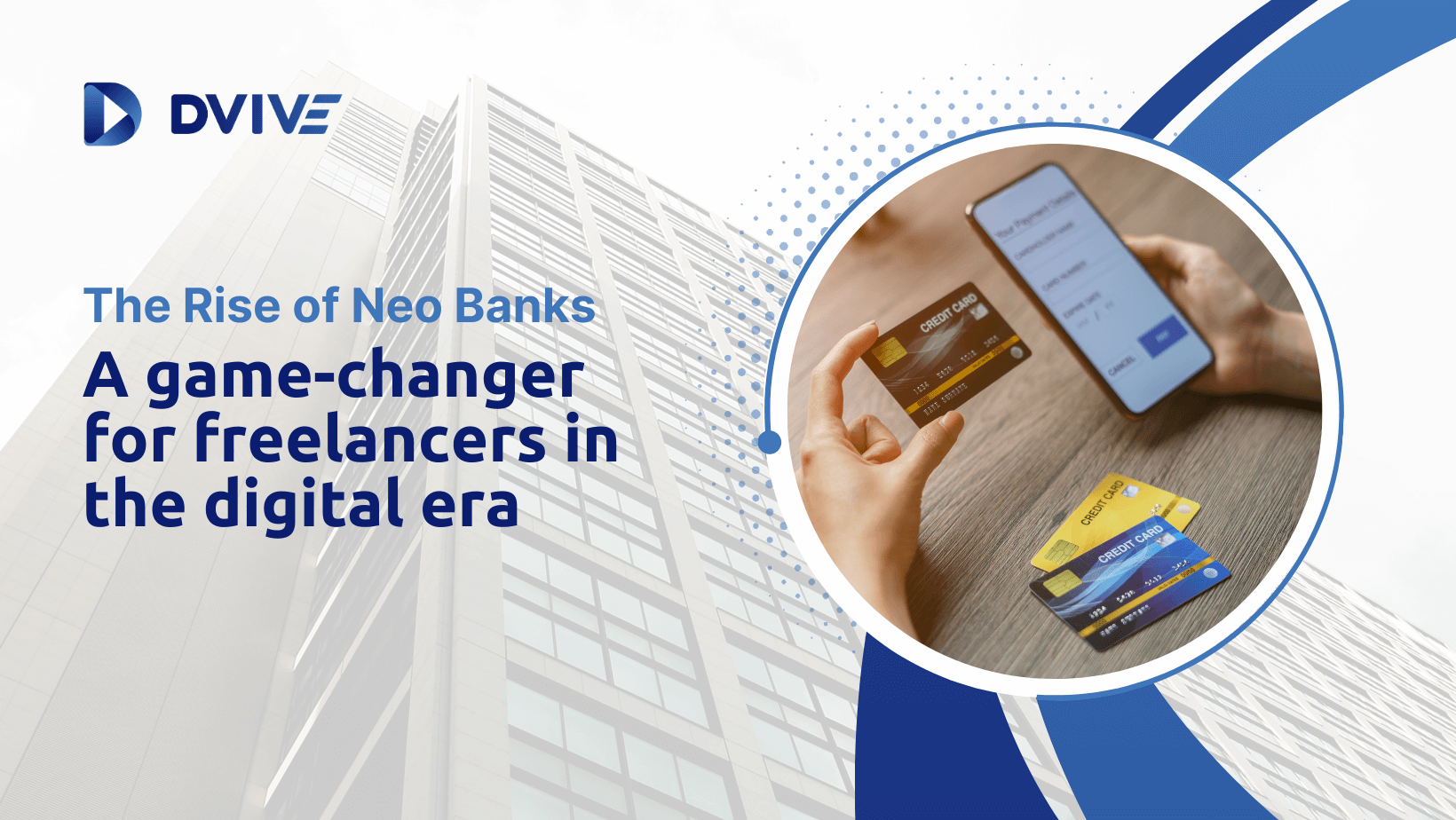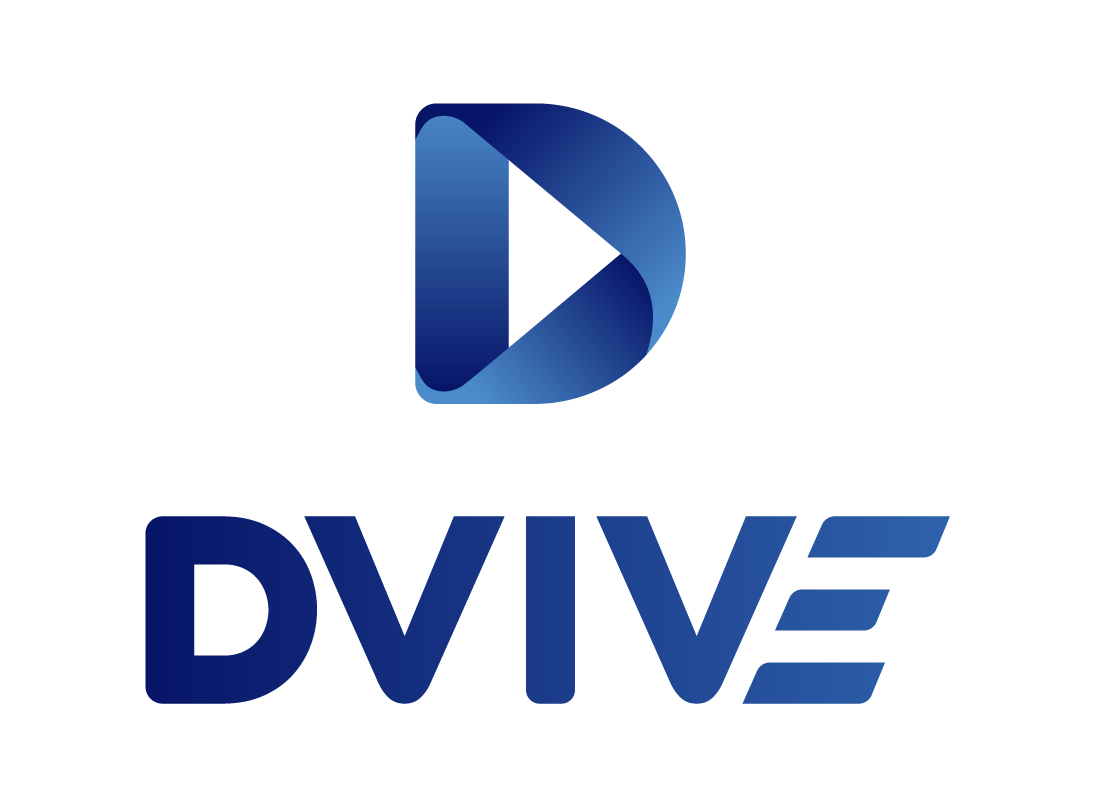The Rise of Neo Banks: A Game-Changer for Freelancers in the Digital Era

From the limitations of traditional banking for freelancers to the rise of technology-driven solutions, we explore the forces that paved the way for this financial revolution.
In the rapidly evolving landscape of the digital era, freelancers find themselves at the intersection of technology and finance.
The advent of the internet has dismantled geographical barriers, giving rise to a global network of freelancers offering diverse skills and services.
There are numerous digital platforms and marketplaces that connect freelancers with clients worldwide. These virtual hubs have become the epicenter of the freelancing economy, providing opportunities for collaboration, skill exchange, and project-based work.
Freelancers contribute to impact the gig economy. The shift towards short-term, project-based work has redefined how individuals approach their careers. Freelancers, equipped with digital tools, can leverage their skills across various projects, fostering a more fluid and adaptable workforce.
Despite the freedom that freelancing offers, financial stability remains a concern. The unique financial challenges faced by freelancers, can vary from irregular income streams to the absence of traditional employment benefits.
This blog post is a comprehensive guide empowering freelancers to master the neo banking landscape. A roadmap, providing freelancers with the tools and insights needed to navigate their financial journey in the digital era.
Understanding Neo Banks
A defining feature of Neo Banks is their customer-centric approach.
Neo banks are full-fledged digital banks that operate exclusively online, without any physical establishments. The services are designed for tech-savvy individuals and businesses.
Neo banks leverage cutting-edge technology including artificial intelligence and block chain technology, to provide seamless, real-time financial services.
Neo banks offer diversified services like savings accounts, payment solutions, and budgeting tools. These banks prioritize user experience, simplicity, and transparency, setting them apart from traditional banks.
Partnerships with fintech companies, integration with third-party services, and collaborations with traditional banks shape the ecosystem. This interconnected approach not only enhances the range of services but also contributes to the continuous evolution of Neo Banks.
Challenges and Opportunities for Freelancers
Financial uncertainties in freelancing
Freelancers encounter inherent financial uncertainties. Irregular income streams, unpredictable project durations, and the absence of traditional job benefits pose significant challenges.
Access to traditional banking services
Traditional banking has often proven to be ill-suited for the unique needs of freelancers. The historical challenges facing freelancers have included difficulties trying to access loans, mortgages, or credit facilities. Neo Banks, with their tailored solutions, emerge as a beacon of hope in overcoming these traditional barriers.
Tailored and customized solutions for freelancers
Through tailored financial products, responsive customer service, and a keen understanding of the freelance lifestyle neo bans are positioned as pivotal players in addressing the financial challenges faced by this demographic.
Financial literacy empowerment
Recognizing the importance of financial literacy, how many neo banks are contributing to the empowerment of freelancers. Through educational initiatives, intuitive interfaces, and personalized financial insights, freelancers gain the knowledge needed to navigate the intricacies of their finances confidently.
Entrepreneurial opportunities
Neo banks not only address challenges but also catalyze entrepreneurial endeavors. They help freelancers leverage the flexibility and affordability of their services to explore innovative projects, invest in their growth, and seize new opportunities.
Impact on financial inclusion
Bridging the accessibility gap
The historical accessibility challenges faced by certain demographics in traditional banking are bridged by neo banks, with digital first approach.
Tailored services for diverse needs
Neo banks customize the services to cater to the diverse needs of freelancers. From simplified onboarding processes to financial products designed for those without a traditional credit history, neo banks play a pivotal role in ensuring that a broad spectrum of freelancers can actively participate in the financial landscape.
Inclusion beyond borders
Neo banks contribute to inclusion beyond national borders. With the ability to conduct cross-border transactions without exorbitant fees, freelancers operating in the global marketplace find themselves on a level playing field, enabling participation and financial empowerment on an unprecedented scale. Through financial education initiatives, simplified account management, and user-friendly interfaces, freelancers who may have been excluded from traditional banking services are now welcomed into the financial fold.
Collaborations for social impact
Neo banks actively seek collaborations with organizations and initiatives focused on social impact. By aligning the goals with broader financial inclusion objectives, Neo Banks contribute to societal change, ensuring that the benefits of their innovative services extend to those who need them the most.
In conclusion, the emergence of neo banks has undeniably marked a paradigm shift in the financial landscape, particularly benefiting freelancers in the digital era. These innovative financial institutions have addressed longstanding challenges faced by independent workers, offering a range of tailored services that align with the dynamic and often unconventional nature of freelance work. From seamless digital onboarding to real-time transaction tracking, neo banks have not only provided practical solutions but have also disrupted traditional banking models with their agility and user-centric approach.
Author: Wazed Khan
